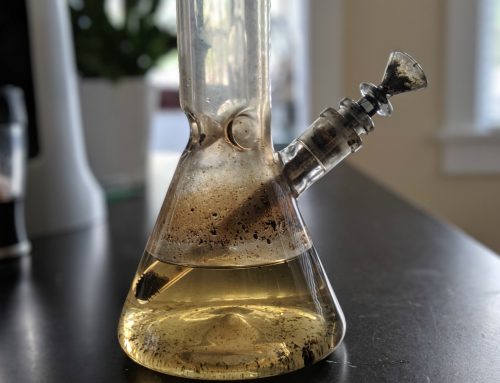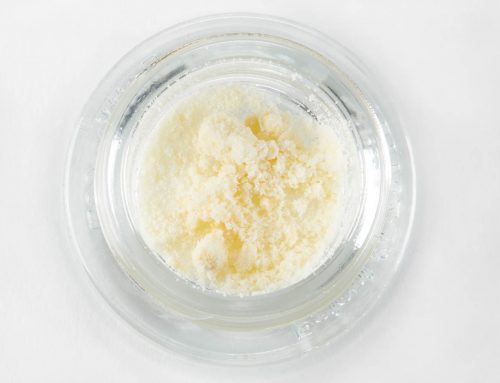It’s all well and good when government officials base their decisions and their policies on what they believe to be the greater good. When it comes to drugs, it’s all about keeping the streets free of dangerous and harmful substances, for the sake of public health and so on. And you would think right now, toward the tail-end of 2016, all of these decisions would be made entirely in accordance with both scientific fact and common sense.
But you’d be wrong…quite painfully wrong, at that.
Earlier this month, the United States government announced that cannabis would hold onto its classification as a Schedule 1 drug. It’s the ultimate paradox – cannabis is slowly but surely being legalized across various states, while no less than 25 states have to some extent or another begun working with medicinal marijuana. Schedule 1 drug classification essentially means that the substance in question has a high potential for abuse, has no beneficial properties and is a downright danger to public health. This, despite the fact that 50% of North American states are now actively working with cannabis because it clearly DOES have medicinal properties.
Frustrating? Just a bit.
But what’s even more frustrating is when leading doctors and health experts speak out in support of medicinal cannabis research, only to be ignored by the government. Long story short – government officials and lawmakers are neither doctors nor health experts…most of them don’t even know a damn thing about marijuana. And it’s not just us that are getting frustrated either, as a growing number of experts insist that the blinkered view of government officials is seriously hindering research.
“I understand the cautious nature of the government, whose role is basically to protect its citizens, but it is disappointing that marijuana continues to be included on the DEA’s list of the most dangerous drugs.” – The words of Dr. Yasmin Hurd of Mount Sinai, who studies the effects of marijuana on the brain.
The really painful thing is the way in which we are only just beginning to scratch the surface, with regard to the incredible medicinal properties of cannabis. Especially given the fact that every time a balanced study is carried out, we discover more hidden benefits than we could ever have imagined.
“It’s actually quite amazing how little we really know about something that has been used for thousands of years,” commented Sachin Patel of Vanderbilt University.
“We desperately need well-controlled unbiased large scale research studies into the efficacy of cannabis for treating disease states, which we have very little of right now. Without these studies we are basically flying blind with regard to medical marijuana in my opinion.”
What has the scientific community most frustrated is the way in which restrictions on cannabis research are based entirely around the bizarre presumption that marijuana is dangerous. Once again, extensive studies have proven that this simply is not the case, thereby completely quashing the claims of critics.
“A question that is not on the lips of researchers is whether or not the consumption of cannabis-based medicines is safe,” pleads Gregory Gerdeman, Assistant Professor of Biology at Eckerd College.
“In the biomedical research community, it is universally understood that cannabis is a very safe, well-tolerated medicine.”
So while it may represent cold comfort, it is at least good to know that it isn’t just you that’s practically tearing your hair out with regard to outdated, contradictory and downright wrong cannabis policy. Quite to the contrary in fact, as doctors and scientists all over the world are crying out to intensify research into the benefits of cannabis, which could potentially lead to revolutionary treatment options for a wide variety of conditions.
Recently, TIME magazine reached out to an extensive group of doctors across the United States, in order to find out exactly in which areas they believe cannabis could represent an incredible breakthrough. That is, assuming that the government ever pulls its finger out and green-lights the required research.
Cancer Therapy
One thing we already know about cannabis in terms of cancer therapy is the way in which it can make the debilitating side effects of chemotherapy exponentially more tolerable. Across dozens of North American states, thousands of chemotherapy patients are already using medical marijuana and finding it vastly more effective than conventional drugs or therapy. But it’s not only coping with chemotherapy that doctors are interested in. While research remains preliminary, there’s growing evidence to suggest that the cannabinoids contained within marijuana could actually possess active and effective tumour-fighting properties. However, considerably larger-scale studies are needed, in order to determine exactly how, when and where cannabis compounds could be used to improve the effectiveness of cancer treatment. Billions of dollars are spent every day researching synthetic chemical cancer treatments – an absolute pittance is invested in cannabis research, by comparison.
Effects On the Brain
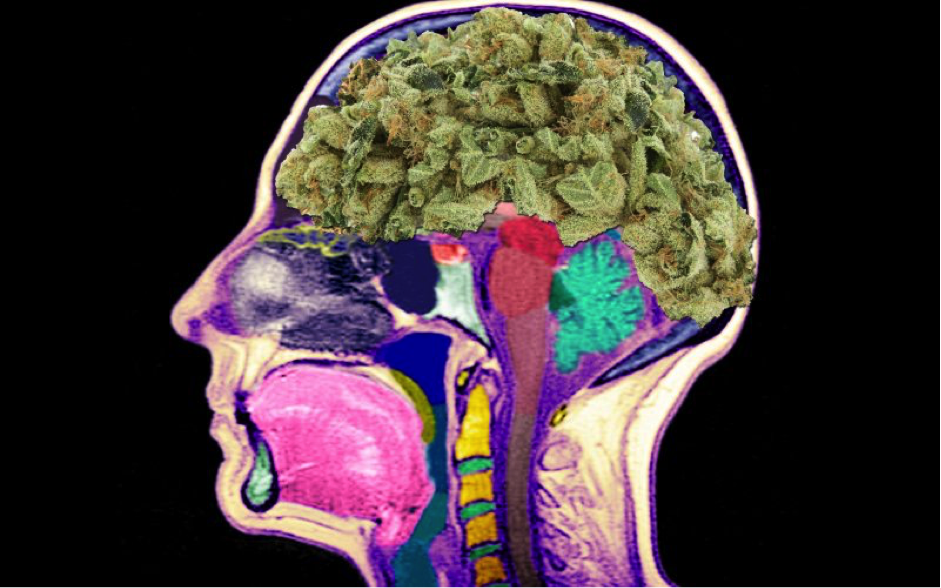
It has been claimed by the world’s critical contingencies for decades that marijuana has a detrimental effect on the brain. Not only is it often suggested that marijuana inhibits the growth and development of brain cells, but also that prolonged use can have a serious and permanent effect on cognitive ability in general. In reality however, research seems to point to the exact opposite. First of all, long-term studies have found absolutely no direct links whatsoever between heavy or prolonged marijuana use and detrimental effects on cognitive ability. Not only this, but more recent studies have even brought to light evidence that certain cannabis compounds could potentially prove effective in helping both treat and prevent Alzheimer’s disease. Once again however, research is at such an incredibly remedial level that no conclusions can be drawn – far more intensive studies being required to find out exactly what cannabis is capable of.
The Best Strains and Administration Methods
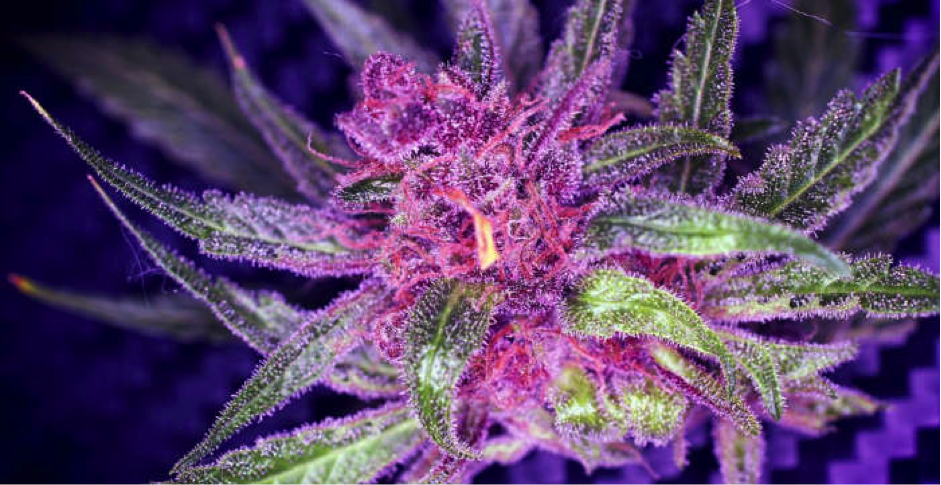
Another reason researchers are desperately crying out to study cannabis more closely is the way in which there has been little to no opportunity to date to get well and truly stuck into the endless strains and forms of cannabis available. Among recreational cannabis circles, it is widely known that each of the thousands of different strains available has entirely different properties in terms of its effects. However, the scientific community has had very little freedom when it comes to experimenting with different cannabis strains, in order to assess which have the very best and most extensive medicinal properties. The same also goes for administration methods – as in the best ways of getting cannabis and cannabis compounds into the recipient, in order to get maximum benefit. Without wide-scale support for extensive cannabis research, we may never know what we are missing.
Anxiety Treatment

Cannabis use has historically been associated with paranoia, which is an association behind which there is a certain amount of truth. But at the same time, it is also comprehensively accepted that certain strains of marijuana administered in certain dosages can for certain people prove highly effective as a treatment for anxiety. The only problem being that there is little to no research whatsoever, with regard to the true relationship between anxiety and cannabis. Which in turn leads the scientific community in the dark and hinders those looking for affordable, accessible and effective treatments for life-affecting mental health conditions. The correlation between cannabis and things like anxiety, depression, paranoia and so on are comprehensively acknowledged and accepted. The only problem being that for the time being at least, they are in no way understood – even by leading experts.
Drug Addiction Recovery

Recent studies have shown that there is absolutely no evidence whatsoever that cannabis is a gateway drug. Contrary to the cries of critics on a global basis, smoking cannabis does not in any way mean that you are more likely to upgrade to harder, more dangerous drugs. In fact, a growing number of doctors across the United States have suggested that cannabis could prove enormously effective, as a means by which to assist those with dangerous drug addictions. Specifically, patients with opioid addictions going through detoxification and recovery processes made much faster and better progress in general, when provided with cannabis alongside conventional treatment. International studies have also shown that heroin addicts may find the side effects of withdrawal much easier to tolerate, if provided with measured doses of medicinal cannabis at the right time.
Long-Term Effects
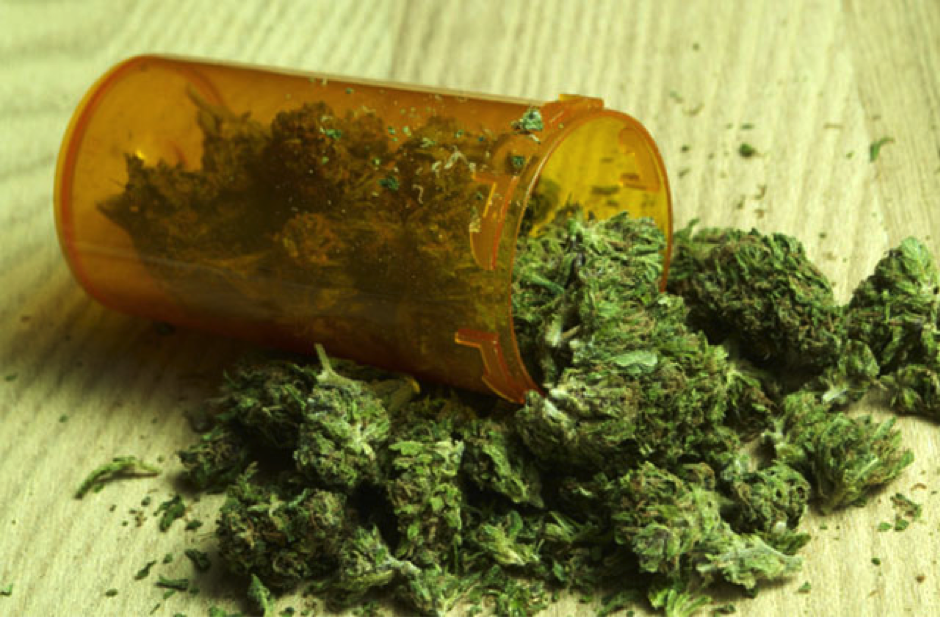
Last but not least, one of the biggest frustrations among doctors and health experts is the way in which there is still entirely insufficient data from which to draw conclusions as to the long-term effects of cannabis use. To date, every scare story and unfounded criticism has been pretty much quashed by a variety of studies. But at the same time, no studies on a scale large or long-term enough to be considered conclusive have been carried out. And nor will they be, until the government decides to give its backing to fundamentally essential medical marijuana research.
The one thing we all seem to agree on is that we have only just begun scratching the surface.



